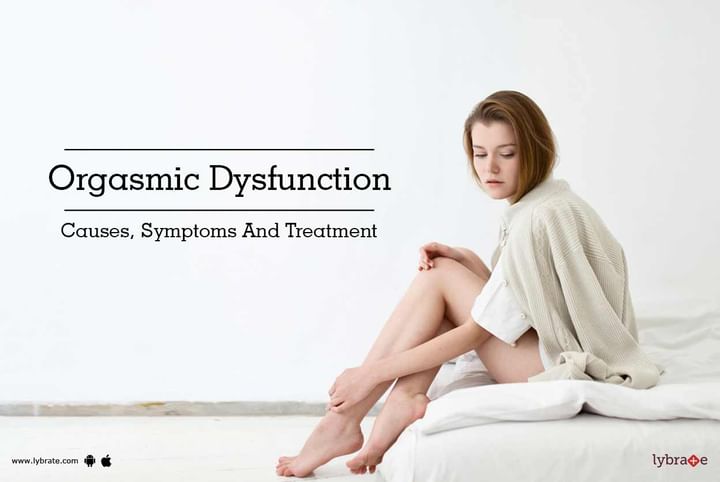Orgasmic Dysfunction: Causes, Symptoms And Treatment
A healthy mind is responsible for a healthy and relaxed body and both are imperative for attaining better orgasms during intercourse. Orgasmic dysfunction, or inhibited sexual excitement, or simply anorgasmia, is a condition whereby, a woman fails to attain orgasms even when sexually aroused. This can prove to be a major sexual problem and is the cause of disputes and conflicts in a relationship because of the lack of sexual intimacy and satisfaction.
In order to be sexually excited, both mind and body are involved in a series of complex processes, which finally result in a peak sexual response. Thus, both need to be functioning well in order to stimulate an orgasm.
Causes that may lead to orgasmic dysfunction:
- Boredom or lack of interest in sexual indulgences
- Hormonal disorders or changes brought on by menopause
- Chronic illnesses that affect sexual interest
- Acquired negative attitudes (usually from childhood or adolescence) towards sex
- Previous traumatic experiences relating to rape or sexual abuse
- Certain prescription drugs like antidepressants
- Stress or high fatigue
- Medical conditions affecting the nervous system around the pelvis
- Medical conditions causing chronic pelvic pain
Symptoms of orgasmic dysfunction may include:
- Inability to attain orgasms
- Taking longer than normal to reach an orgasm
- Not having satisfying orgasms
Treatment
It is important to note that when treating problems associated with orgasmic dysfunction, you must maintain a healthy attitude towards sex, in addition to having sufficient knowledge pertaining to sexual stimulations and responses. Learning how to communicate and how to express your needs and desires clearly is another important step in the treatment of anorgasmia. Here are a few other ways to improve your sex life:
- Eat well and get enough rest
- Reduce your consumption of alcohol, drugs, or smoking
- Engage in Kegel exercises which involve tightening and relaxing the muscles of the pelvis
- Use birth control methods that both you and your partner agree to
- Engage in other sexual activities apart from sexual intercourse
- Educate yourself more about reaching orgasms by focusing on clitoral stimulation or directed masturbation
- Take up sexual counseling to learn helpful exercises
If you wish to discuss about any specific problem, you can consult a sexologist.



+1.svg)
